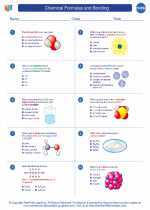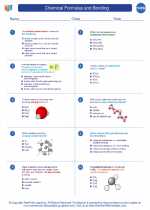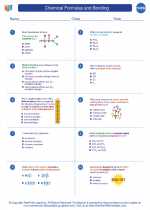Chemical Formulas and Bonding -> physical
Physical Changes in Chemistry
Physical changes in chemistry refer to changes in the physical state or properties of a substance without changing its chemical composition. These changes can include changes in state (such as melting, freezing, or evaporating), changes in shape or size, or changes in density or solubility.
Examples of Physical Changes
Some common examples of physical changes include:
Understanding Physical Changes
It's important to understand that physical changes do not alter the fundamental chemical nature of a substance. In other words, the identities of the substances involved in the change remain the same before and after the change.
Study Guide
When studying physical changes in chemistry, it's important to focus on the following key concepts:
- The difference between physical changes and chemical changes
- The various types of physical changes, such as changes in state, shape, size, density, and solubility
- Examples of physical changes in everyday life and in laboratory settings
- How to distinguish between physical changes and chemical changes using observations and experimental data
Conclusion
Understanding physical changes in chemistry is essential for comprehending the behavior of matter and the processes that occur in the natural world. By mastering this topic, you will be able to apply your knowledge to a wide range of practical situations and experiments.
.◂Chemistry Worksheets and Study Guides High School. Chemical Formulas and Bonding

 Worksheet/Answer key
Worksheet/Answer key
 Worksheet/Answer key
Worksheet/Answer key
